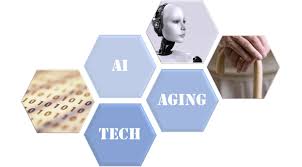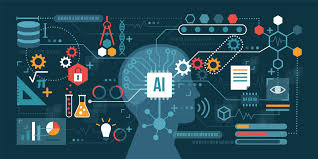A practical guide to understanding autonomous AI agents, why they matter for healthcare governance, and what to do about them.
The growing ecosystem of devices and products serving peoples’ health and well-being shows us that innovators already see the opportunity to serve the fast-growing market for self-care among people 50 years of age and up.
For nearly twenty years, one thing has felt inevitable: when boomers reach “old age,” senior living demand will surge. And yet ..
ChatGPT Health builds on consumer use of today's ChatGPT so responses are informed by your health information and context.
The prize honors .lumen’s Glasses for the Blind, an AI-based device that applies autonomous driving technology adapted for pedestrians. Using computer vision and local processing, the headset understands the three-dimensional environment in real time without relying on the internet or pre-defined maps and guides the user through subtle vibrations indicating a safe direction to follow.

 Rant on. So there is an upcoming meeting to attend. Now let’s see -- will it be conducted in
Rant on. So there is an upcoming meeting to attend. Now let’s see -- will it be conducted in  AI and older adults – powerful if enabled. There are few limits to the possible benefits of AI in its many forms, conversational, generative, Chatbots and more. Some say that we are in
AI and older adults – powerful if enabled. There are few limits to the possible benefits of AI in its many forms, conversational, generative, Chatbots and more. Some say that we are in  New report published -
New report published -  Wondering if there's any news about AI? Just from yesterday,
Wondering if there's any news about AI? Just from yesterday,